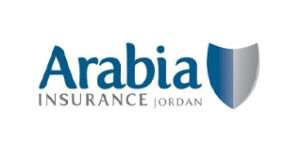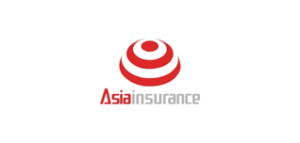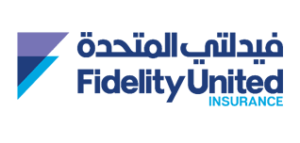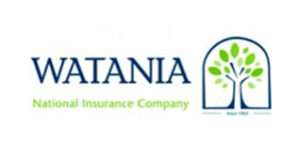IFRS 17 Software Solutions: The New Norm for Insurance Business
IFRS 17 is an International Financial Reporting Standard (IFRS) issued by the International Accounting Standards Board (IASB), replacing IFRS 4 on accounting for insurance contracts. It has come into action on 1st January 2023.
This standard has significantly changed how insurance companies account for their contracts – introducing a new measurement model designed to offer transparent reporting on financial performance.
Join 700+ companies using our Solution













The Fundamental Principles of IFRS 17
As the insurance contracts are often complex, they are divided into managed groups.
Each group of contracts is measured at the present value of expected future cash flows, discounted at a risk-adjusted rate.
Insurance companies recognize profits over the life of the insurance contract as they deliver the services.
The Significance of IFRS 17
Before IFRS 17, insurance accounting was governed by a patchwork of national and international standards, leading to inconsistencies in financial reporting across the industry. This lack of uniformity made it challenging for investors, regulators, and other stakeholders to assess insurance companies’ financial health and performance accurately.
IFRS 17 was developed to address these issues by establishing a comprehensive and consistent framework for insurance contract accounting.
IFRS 17 offers a more accurate understanding of insurance companies’ financial position and performance with transparent and informative reporting.
The standard requires the companies to use the same accounting principles for all of their insurance contracts, regardless of the contract type – making it easier to compare the financial performance of different insurance companies.
The solution helps the organization better identify and manage risks associated with their insurance contracts.

Key Criteria of IFRS 17

Measurement of Insurance Contracts: IFRS 17 introduces a dual measurement approach for insurance contracts:
Building Block Approach (BBA): This approach calculates the present value of expected future cash flows, reflecting the time value of money, risk adjustment, and a margin for future services. It’s used for insurance liability measurement
Fulfillment Cash Flows: These represent the cash flows an insurer expects to pay or receive as it fulfills the insurance contract.

Contract Service Margin (CSM): The CSM is a crucial element in IFRS 17. It represents the unearned profit the insurer expects to recognize over the contract’s duration. It’s amortized over time as the insurance service is provided

Risk Adjustment: IFRS 17 requires insurers to include a risk adjustment in their liability measurement to account for the uncertainty and risk inherent in insurance contracts.

Presentation of Financial Statements: The standard prescribes specific formats for presenting insurance revenue, expenses, and profit or loss. It also introduces a new category of other comprehensive income for items that don’t affect profit or loss.

Transition and Disclosures: IFRS 17 outlines the requirements for transitioning from previous accounting standards, including options for retrospective and modified retrospective approaches. It also mandates extensive disclosures to provide users of financial statements with comprehensive information about insurance contracts.
IFRS17 presents opportunities to harness data more effectively, improve the structure of your finance function and to better inform decision making.
IFRS17 helps to standardize insurance accounting globally to improve comparability and increase transparency, and to provide users of accounts with the information they need to meaningfully understand the insurer’s financial position, performance and risk exposure.
Assessing the requirements of IFRS17 requires significant effort as it will have wide reaching implications, and will impact staff involved with systems, data and processes. The key tasks for insurers is to make appropriate implementation decisions.
Be compliant to the IFRS17 standard with a pre-configured starter kit that provides you with all the functionality to comply with IFRS17 requirements – including general, premium allocation and variable fee model while seamlessly integrating with your existing actuarial, finance and risk systems.



